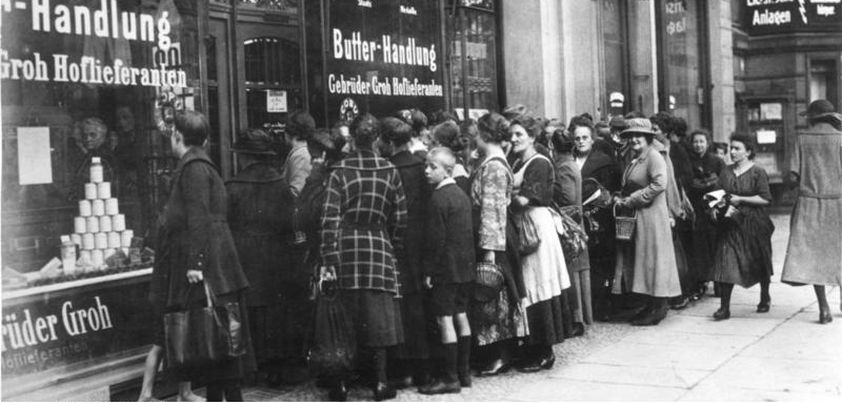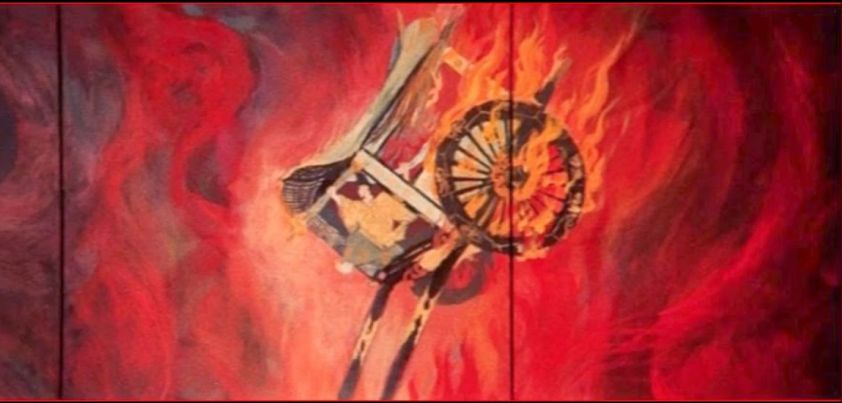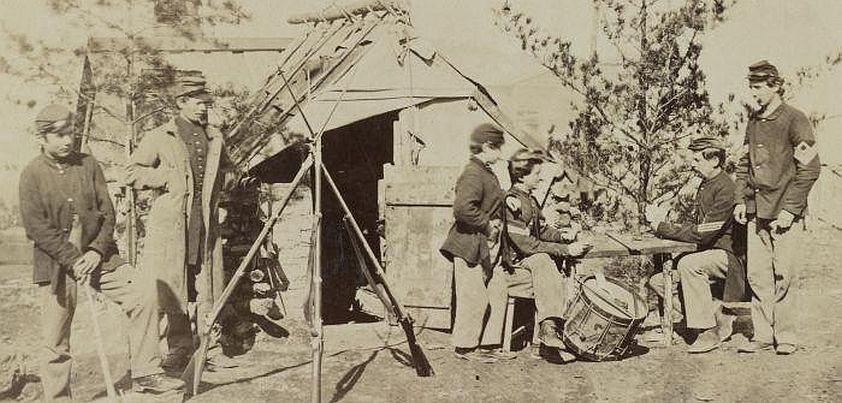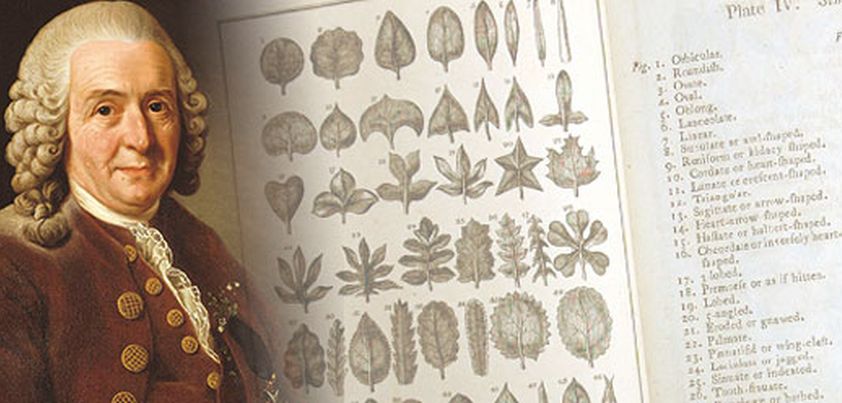 A major theme of this story by Nadine Gordimer, and the reason it is still relevant today, is the need for grass roots involvement in the struggle for justice. A young South African woman whose unionist husband is imprisoned for five years comes to appreciate the need for people at all levels to join hands in resisting oppression. Although the exploitation of poorly educated indigenous laborers depicted in the story has greatly diminished, injustice in many other forms is still rampant throughout the world. Other themes: racism, the right to protest, the importance of learning, love, loneliness, dedication, change. More…
A major theme of this story by Nadine Gordimer, and the reason it is still relevant today, is the need for grass roots involvement in the struggle for justice. A young South African woman whose unionist husband is imprisoned for five years comes to appreciate the need for people at all levels to join hands in resisting oppression. Although the exploitation of poorly educated indigenous laborers depicted in the story has greatly diminished, injustice in many other forms is still rampant throughout the world. Other themes: racism, the right to protest, the importance of learning, love, loneliness, dedication, change. More…
Archives
Disorder and Early Sorrow
 The charm of this story by Thomas Mann lies in its relative uneventfulness… no crime, violence, madness or broken hearts! Set in the 1920s, it follows a day in the life of a close, middle-class German family. The major theme is resilience: the struggle of the German people to recover from the social disruption and deprivations of World War I and cope with emerging hyperinflation. Secondary themes are identity, the relationship between history and the present, and the emergence of a more independent youth culture embracing new styles in music, dance, fashion and the arts. More…
The charm of this story by Thomas Mann lies in its relative uneventfulness… no crime, violence, madness or broken hearts! Set in the 1920s, it follows a day in the life of a close, middle-class German family. The major theme is resilience: the struggle of the German people to recover from the social disruption and deprivations of World War I and cope with emerging hyperinflation. Secondary themes are identity, the relationship between history and the present, and the emergence of a more independent youth culture embracing new styles in music, dance, fashion and the arts. More…
The First Year of My Life
 The protagonist of this light-hearted anti-war story by Muriel Spark is an omniscient baby who can “tune in” to world events and the thoughts of famous people from her crib. Born in the final year of World War I, she contrasts the bloody battlefields of Europe with the almost business as usual atmosphere in London. She also shares her observations of selected world leaders, politicians, literary figures and celebrities. Themes: the horrors and futility of war; the British public’s ignorance of the true extent of human suffering; the lack of moral leadership from influential members of the artistic community. More…
The protagonist of this light-hearted anti-war story by Muriel Spark is an omniscient baby who can “tune in” to world events and the thoughts of famous people from her crib. Born in the final year of World War I, she contrasts the bloody battlefields of Europe with the almost business as usual atmosphere in London. She also shares her observations of selected world leaders, politicians, literary figures and celebrities. Themes: the horrors and futility of war; the British public’s ignorance of the true extent of human suffering; the lack of moral leadership from influential members of the artistic community. More…
The Hell Screen
 In Ryūnosuke Akutagawa‘s re-working of this 13th century Japanese tale, a cold-hearted, conceited artist considered to be “the greatest in the land” insists upon personally experiencing the scenes he creates. When commissioned to paint a folding screen with a scene from Hell, he is able to complete all but the central image of a beautiful woman burning alive in a nobleman’s carriage. He asks for help from his Feudal Lord, who agrees to stage the event for him. As the artist watches, his emotions range from horror to ecstasy. Themes: hubris, inhumanity, obsession, inspiration in art, innocence, perception of truth. More…
In Ryūnosuke Akutagawa‘s re-working of this 13th century Japanese tale, a cold-hearted, conceited artist considered to be “the greatest in the land” insists upon personally experiencing the scenes he creates. When commissioned to paint a folding screen with a scene from Hell, he is able to complete all but the central image of a beautiful woman burning alive in a nobleman’s carriage. He asks for help from his Feudal Lord, who agrees to stage the event for him. As the artist watches, his emotions range from horror to ecstasy. Themes: hubris, inhumanity, obsession, inspiration in art, innocence, perception of truth. More…
A Worn Path
 In this Eudora Welty story, an aged woman makes a long, dangerous trek through the Mississippi woods. Its power lies in the vivid descriptions of nature and the various obstacles she encounters. Once in town, she struggles to remember the purpose of the journey. Although we learn later that she has come for the regular medicine needed by her ailing grandson, many readers question if the boy still lives. Her confusion suggests that such visits may simply be a way of handling the grief (or guilt) associated with his death. Themes: nature, old age, perseverance, duty, poverty, dignity, racism, redemption. More…
In this Eudora Welty story, an aged woman makes a long, dangerous trek through the Mississippi woods. Its power lies in the vivid descriptions of nature and the various obstacles she encounters. Once in town, she struggles to remember the purpose of the journey. Although we learn later that she has come for the regular medicine needed by her ailing grandson, many readers question if the boy still lives. Her confusion suggests that such visits may simply be a way of handling the grief (or guilt) associated with his death. Themes: nature, old age, perseverance, duty, poverty, dignity, racism, redemption. More…
Walker Brothers Cowboy
 Although set in rural Ontario, there isn’t a cow to be seen in this Depression-era story from Alice Munro. The “cowboy”, once a successful fox farmer, is now a door-to-door household product salesman. The story’s central themes are father-daughter relationships, poverty, pride, dealing with reduced circumstances, and nostalgia. The man’s wife is bitterly resentful of the extent to which the family have “come down” in the world, while an arguably worse-off ex-girlfriend he and his children visit during one of his rounds is still able to enjoy life. Understandably, his daughter (the narrator) is somewhat disturbed by the meeting. More…
Although set in rural Ontario, there isn’t a cow to be seen in this Depression-era story from Alice Munro. The “cowboy”, once a successful fox farmer, is now a door-to-door household product salesman. The story’s central themes are father-daughter relationships, poverty, pride, dealing with reduced circumstances, and nostalgia. The man’s wife is bitterly resentful of the extent to which the family have “come down” in the world, while an arguably worse-off ex-girlfriend he and his children visit during one of his rounds is still able to enjoy life. Understandably, his daughter (the narrator) is somewhat disturbed by the meeting. More…
Amnesty
 In this story by Jose Dalisay Jr., a chance encounter on a bus contrasts the directions taken by two student revolutionaries during the Philippine’s Marcos dictatorship. One stayed true to the cause and has just been released from prison under a general amnesty declared by the incoming government. After six years in jail, she appears physically broken but emotionally strong. The other chose “survival”, privately supporting the cause but publically embracing and prospering under the corrupt system. He fears for his comfortable lifestyle. Themes include oppression, courage and remaining true to a cause, sacrifice, hypocrisy, guilt and regret, hope. More…
In this story by Jose Dalisay Jr., a chance encounter on a bus contrasts the directions taken by two student revolutionaries during the Philippine’s Marcos dictatorship. One stayed true to the cause and has just been released from prison under a general amnesty declared by the incoming government. After six years in jail, she appears physically broken but emotionally strong. The other chose “survival”, privately supporting the cause but publically embracing and prospering under the corrupt system. He fears for his comfortable lifestyle. Themes include oppression, courage and remaining true to a cause, sacrifice, hypocrisy, guilt and regret, hope. More…
The Drummer Boy of Shiloh
 This story by Ray Bradbury packs a lot of raw emotion, even though the “action” is limited to a single conversation that takes place over the course of no more than half an hour. A fourteen-year-old drummer boy who must march into battle with no gun or means of protecting himself is a bundle of nerves on the night before his first encounter with the enemy. An inspirational talk with his commanding general teaches him that his drum may be one of the most effective weapons in the army. Themes include isolation and loneliness, empathy, duty, fear, courage, death, honor. More…
This story by Ray Bradbury packs a lot of raw emotion, even though the “action” is limited to a single conversation that takes place over the course of no more than half an hour. A fourteen-year-old drummer boy who must march into battle with no gun or means of protecting himself is a bundle of nerves on the night before his first encounter with the enemy. An inspirational talk with his commanding general teaches him that his drum may be one of the most effective weapons in the army. Themes include isolation and loneliness, empathy, duty, fear, courage, death, honor. More…
The English Pupil
 In addition to being a celebration of the life and work of renowned biologist Carl Linnaeus, major themes of this touching story by Andrea Barrett are aging, memory and approaching death. The dying scientist has his coachman take him to his empty country estate where, amid a fog of fading memories, he reminisces about his life and the fate of some of the “apostles” he sent around the world to collect biological specimens. Later, he is joined by a concerned daughter and an unknown man he imagines to be his only surviving pupil. Other themes include family, pride and regret. More…
In addition to being a celebration of the life and work of renowned biologist Carl Linnaeus, major themes of this touching story by Andrea Barrett are aging, memory and approaching death. The dying scientist has his coachman take him to his empty country estate where, amid a fog of fading memories, he reminisces about his life and the fate of some of the “apostles” he sent around the world to collect biological specimens. Later, he is joined by a concerned daughter and an unknown man he imagines to be his only surviving pupil. Other themes include family, pride and regret. More…